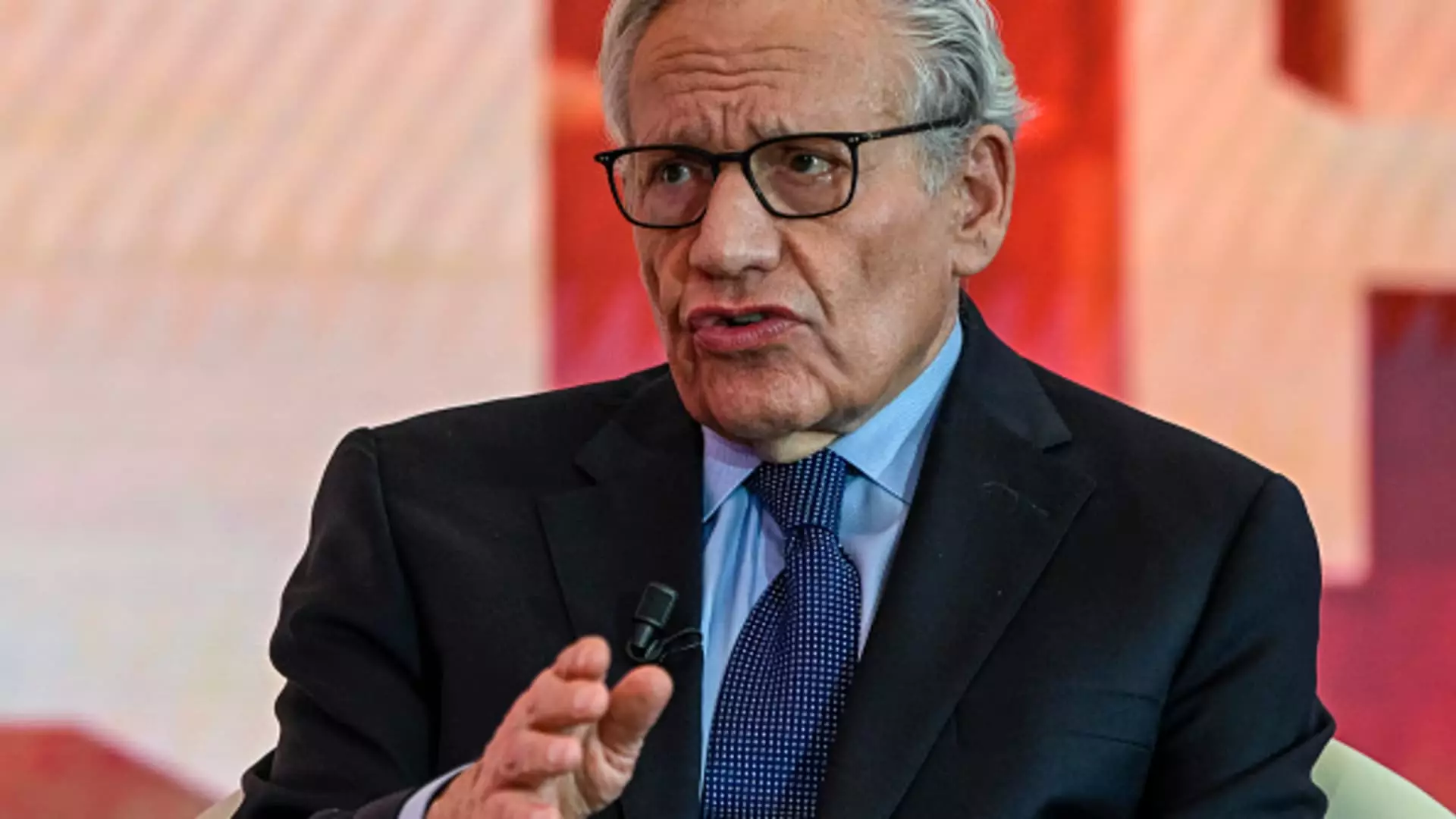The recent dismissal of Donald Trump’s ambitious lawsuit against journalist Bob Woodward marks a revealing moment in the ongoing struggle over free speech, accountability, and the limits of presidential privilege. Rather than serving as a tool to protect presidential interests, Trump’s legal action exposes a fundamental misunderstanding of journalistic integrity and the nature of historical record-keeping. It underscores a broader pattern where attempts to silence or intimidate media figures only reinforce fears of authoritarian tendencies eroding democratic values.
This lawsuit was rooted in the misconception that presidential interviews—particularly ones as significant as those conducted by Woodward—are a form of proprietary content that must be shielded from publication. The assumption that a sitting president can control the dissemination of his words, especially when those words are part of his public record, fundamentally misunderstands the principle that political figures are subject to scrutiny and accountability. The district court’s dismissal, emphasizing the lack of “joint authorship” and Trump’s insufficient copyright claims, reaffirms that elected officials cannot leverage intellectual property law to silence inconvenient truths.
Implications for Press Freedom and Democratic Discourse
This legal setback represents a victory not just for Woodward and his publishers, but for the broader ideals of a free press. When a leader attempts to assert ownership over interview content, it raises alarms about the potential suppression of investigative journalism—an essential pillar of democracy. The irony is that Trump’s efforts to block or limit publication come from a place of insecurity about how his words will be used, revealing a vulnerable attachment to control rather than confidence in his narrative.
The case exposes the hazards of framing interviews conducted with a public official as private, proprietary content. Journalists have a duty to record and report truthfully, and Woodward’s emphasis on “fair use” reflects a fundamental truth: journalism serves the public interest by informing society, not serving as a personal tool for political convenience. Attempts to classify interviews as “copyrighted” and prevent their publication threaten to undermine the transparency that holds political leaders accountable.
The Political Ramifications of Judicial Independence
Moreover, the judge’s decision, rooted in a strict interpretation of copyright law, underscores the importance of judicial independence from partisan influences. While Trump’s spokesperson claimed bias, the ruling relied on established legal principles, ensuring that powerful figures cannot manipulate the judiciary to serve partisan ends. This reinforces a crucial aspect of an effective democracy: the judiciary’s role in checking executive overreach.
The case’s background highlights a dangerous tendency among some political figures to view legal action as a means to intimidate or silence critics, particularly in a climate of rising polarization. Yet, the courts have maintained their impartiality, ultimately protecting free speech and the public’s right to access information about their leaders. This serves as a reminder that democracy depends not only on the fairness of elections but also on the independence of institutions that defend the rule of law.
Challenges to Accountability and the Future of Political Discourse
Trump’s lawsuit also reveals an underlying anxiety about the power of the press in holding politicians accountable. By attempting to turn sensitive interviews into private property, he aimed to reduce public access to unflattering truths. Such tactics threaten to foster a culture where truth becomes negotiable and freedom of the press is weaponized for political gain. Fortunately, the judicial response signals that the law recognizes the importance of transparency, especially in an era where misinformation often cloud the truth.
While the legal outcome may seem technical, its implications are profound. It affirms that the words of presidents, especially those captured in interviews, are part of the historical record and should remain accessible for public scrutiny. This judgment sends a clear message: attempts to redact, restrict, or monetize presidential interviews strike at the heart of democratic accountability, undermining the watchdog function that journalists perform.
This decision should serve as a call to defend the principles of press freedom and resist efforts by political leaders to control the narrative. In an era marked by misinformation and political manipulation, safeguarding the independence of journalism is more vital than ever. Courts have once again demonstrated their role as guardians of free expression, resisting attempts to curtail the public’s right to know about its leaders, even when those leaders seek to silence inconvenient truths through litigation.


Leave a Reply